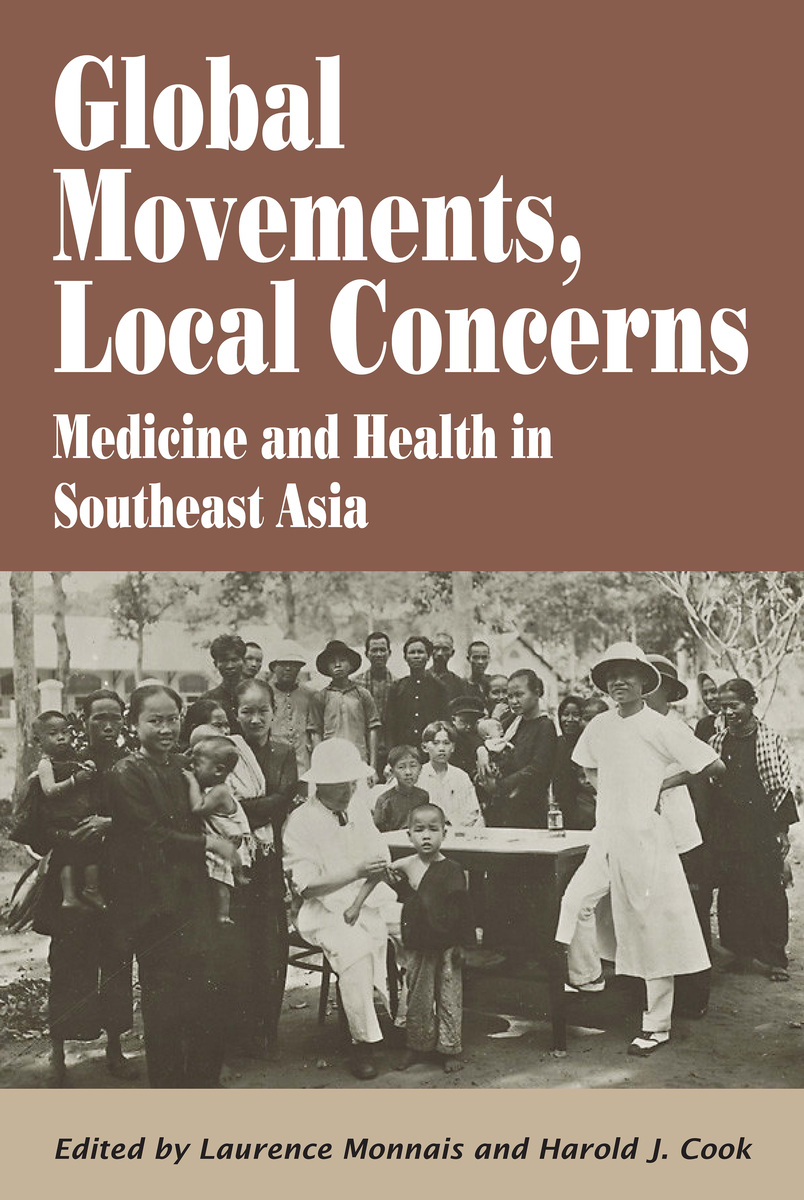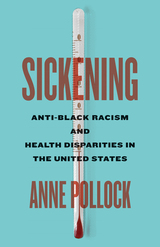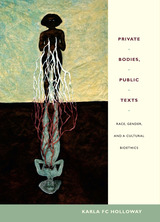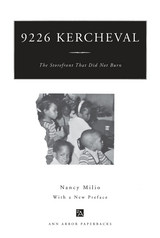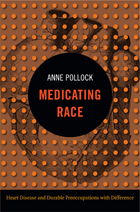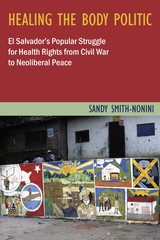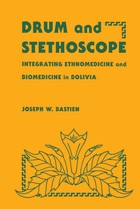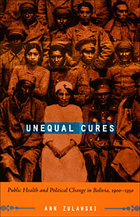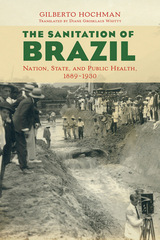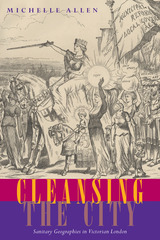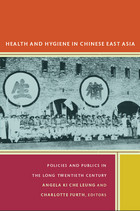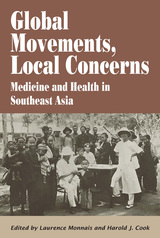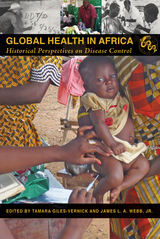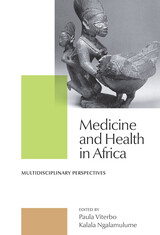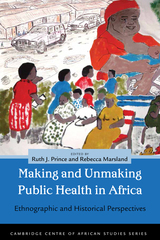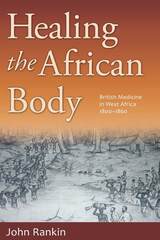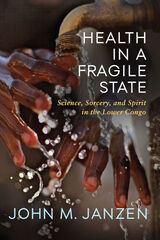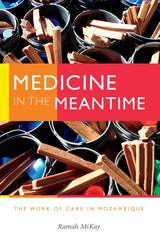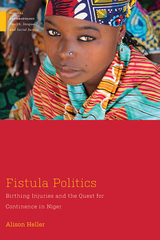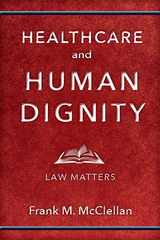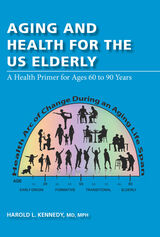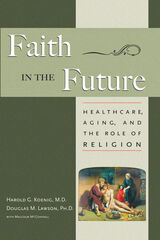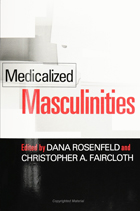Global Movements, Local Concerns: Medicine and Health in Southeast Asia
National University of Singapore Press, 2012
Paper: 978-9971-69-639-9 | eISBN: 978-9971-69-690-0
Library of Congress Classification RA541.S68I58 2006
See other books on: Cook, Harold J. | Health | Health Policy | Medical care | Public health
See other titles from National University of Singapore Press
Paper: 978-9971-69-639-9 | eISBN: 978-9971-69-690-0
Library of Congress Classification RA541.S68I58 2006
ABOUT THIS BOOK | TOC
ABOUT THIS BOOK
The development of medicine in Southeast Asia over the past two centuries has not been a simple imposition of European scientific medicine, but a complex and negotiated process that drew on Southeast Asian health experts, local medical traditions, and changing national and popular expectations. The contributors to this volume show how the practices of health in Southeast Asia over the past two centuries were mediated by local medical traditions, colonial interests, governments and policies, international interventions, and by a wide range of health agents and intermediaries. Their findings call into question many of the claims based on medicalization and biopolitics that treat change as a process of rupture. While governments, both colonial and national, instituted policies that affected large numbers of people, much health care remained rooted in a more interactive and locally-mediated experience, in which tradition, adaptation and hybridization is as important as innovation and conflict. "Semi-subaltern" Western-trained doctors and varied traditional healers, many of them women, were among the cultural brokers involved in the building of healthcare systems, and helped circulate mixed practices and ideas about medicine and health even as they found their place in new professional and social hierarchies in an era of globalization.
See other books on: Cook, Harold J. | Health | Health Policy | Medical care | Public health
See other titles from National University of Singapore Press
